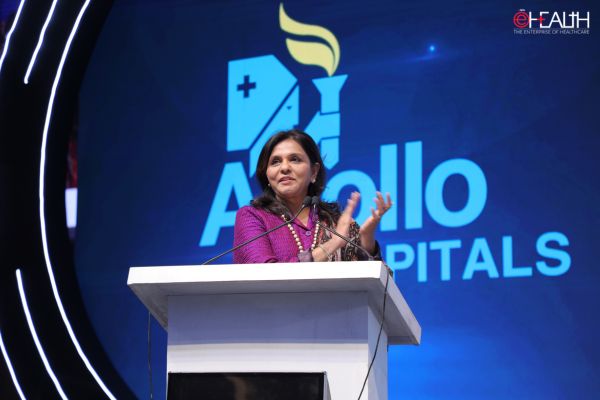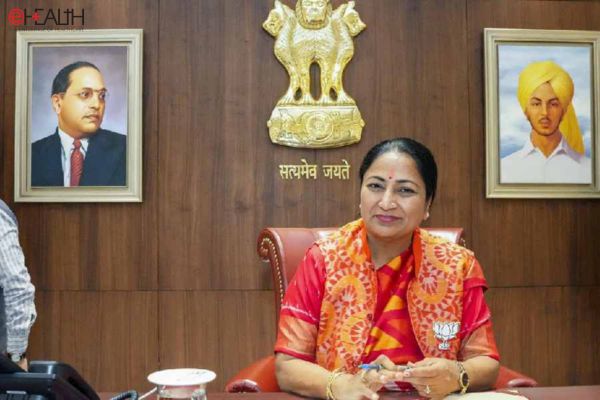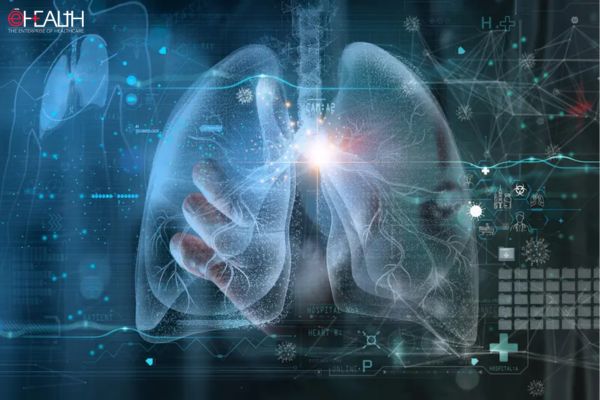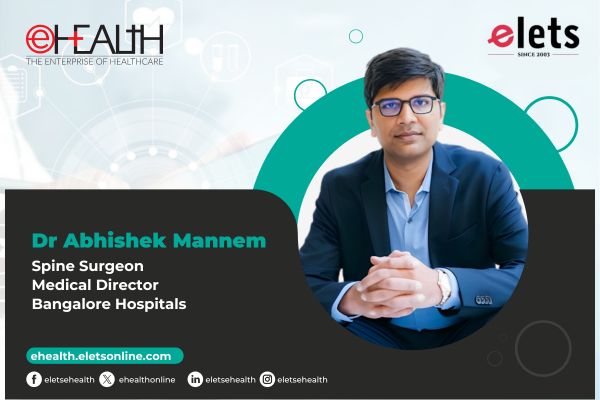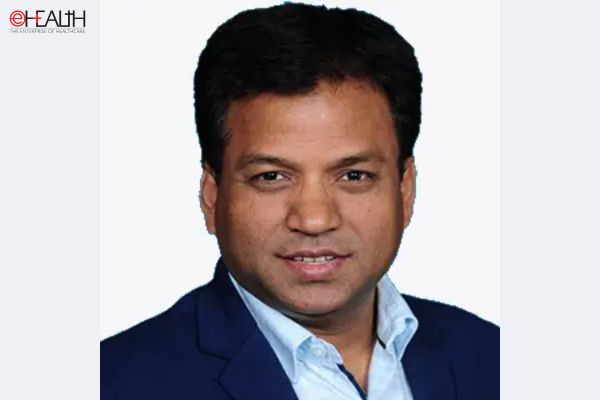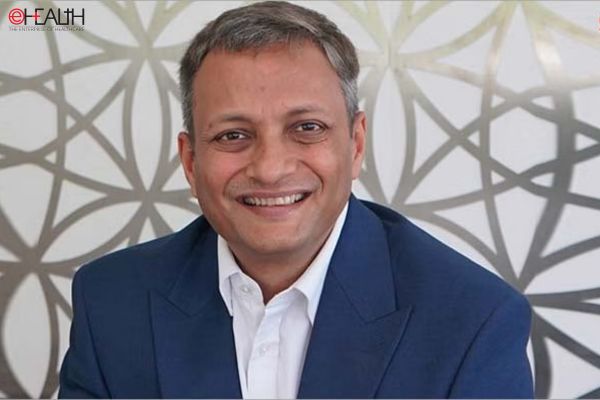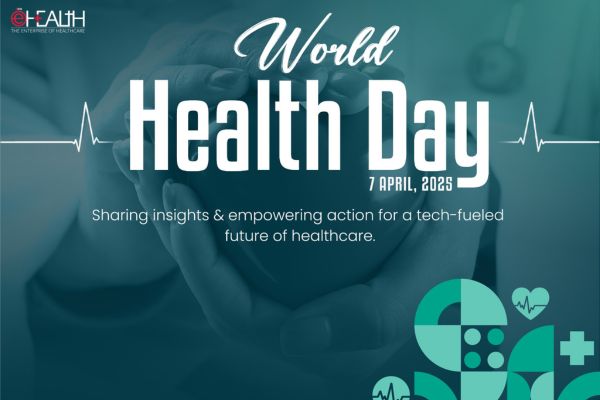
On the occasion of World Health Day, leading healthcare professionals from the India chapter of the Clinical Robotic Surgery Association (CRSA) underscored the transformative potential of robotic-assisted surgery (RAS) in alleviating the rising non-communicable disease (NCD) burden in India. The experts emphasized that as healthcare increasingly becomes patient-centric, technologies like RAS are redefining treatment paradigms by delivering not just improved clinical outcomes but also a more comfortable and efficient healing process.
“Modern healthcare is about more than just curing illness—it’s about how patients experience the journey, robotic-assisted surgery offers patients minimally invasive options that lead to faster recovery, less pain, fewer complications, and shorter hospital stays,” says Dr. Vivek Bindal, Chairman of CRSA India and Head of the Institute of Minimal Access, Bariatric and Robotic Surgery at Max Super Speciality Hospital, New Delhi.

Dr. Bindal highlighted that advanced platforms such as the da Vinci robotic system are setting new benchmarks in surgical precision, significantly reducing blood loss during operations and minimizing the risk of surgical site infections. “These systems are instrumental in maintaining hospital efficiency and protecting both patients and staff by reducing exposure to pathogens during procedures,” he added.
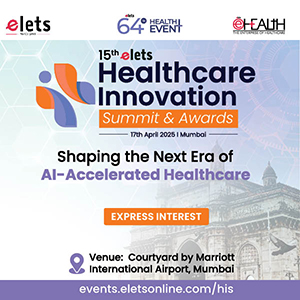
CRSA member and prominent Surgical Oncologist at Apollo Hospitals Hyderabad, Dr. Jagadishwar Goud, spoke about RAS in cancer care. “Precision is vital in oncology, urology, and gynaecology, where preserving organ function is critical. Robotic systems help surgeons perform complex operations while safeguarding healthy tissues and enhancing post-operative functionality.”

Also Read :- Government Bolsters Cancer Care Infrastructure and Access Across India: Opportunities for Healthcare Industry
Echoing similar views, Dr. Surender Dabas, Senior Director and HOD – Surgical Oncology & Robotic Surgery at Max Healthcare, emphasized that robotic technology has elevated the standards of cancer surgery. “RAS enhances a surgeon’s capabilities by improving visualization, dexterity, and reducing fatigue during long procedures. These factors collectively improve the surgical experience and lead to quicker patient recovery,” he explained.
He noted the particular benefits in head and neck oncology, where robotic procedures can help preserve vital functions such as speech and swallowing. “Minimally invasive techniques reduce scarring and preserve key anatomical structures, significantly boosting the post-surgical quality of life.”
A key point raised by experts was how timely recovery post-surgery enables patients to transition more effectively into subsequent treatments like chemotherapy or radiation. “Faster wound healing through robotic procedures reduces delays between treatment phases, improving overall treatment effectiveness,” Dr. Dabas added.
Dr. Bindal further elaborated on the patient recovery experience, noting that RAS significantly reduces the duration of ICU stays and lowers the chances of post-operative infections. “A smoother, complication-free recovery allows families to focus on emotional healing, not just medical concerns,” he said.
As India continues to combat the dual challenge of infectious and non-communicable diseases, technological interventions like robotic-assisted surgery are emerging as pivotal tools in building a more efficient, outcome-driven, and compassionate healthcare system. On this World Health Day, experts are calling for broader integration of these innovations to strengthen patient care and lighten the burden on India’s health infrastructure.
Be a part of Elets Collaborative Initiatives. Join Us for Upcoming Events and explore business opportunities. Like us on Facebook , connect with us on LinkedIn and follow us on Twitter , Instagram.
"Exciting news! Elets technomedia is now on WhatsApp Channels Subscribe today by clicking the link and stay updated with the latest insights!" Click here!





